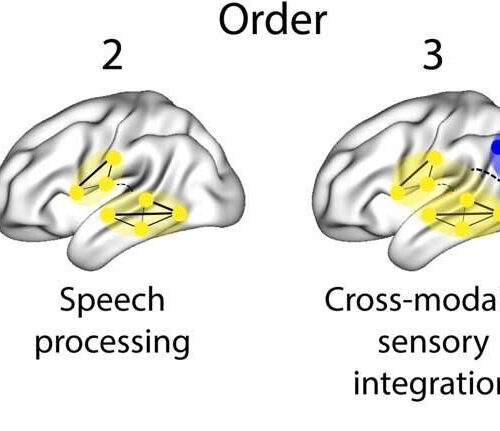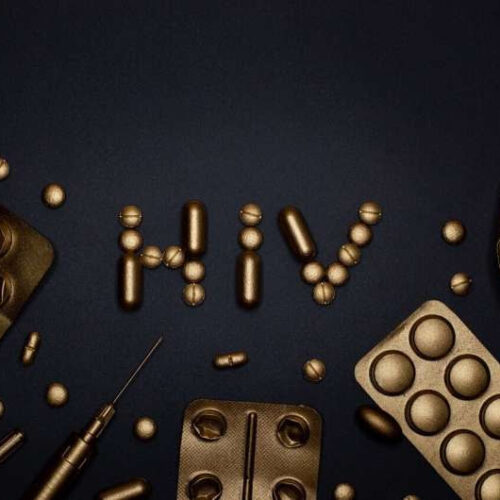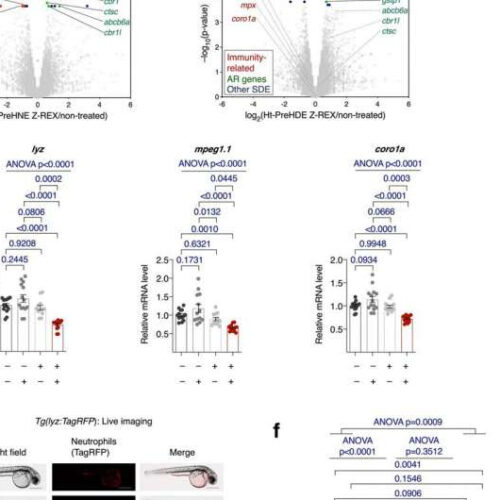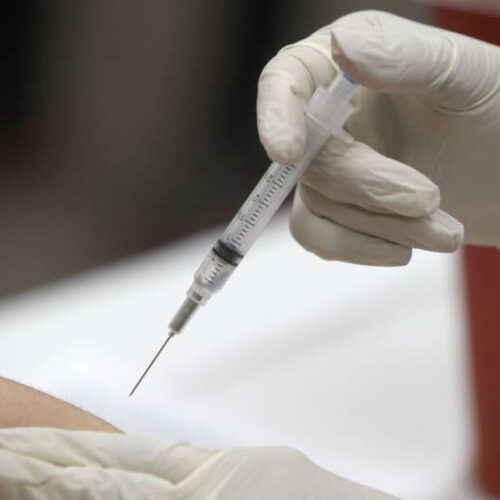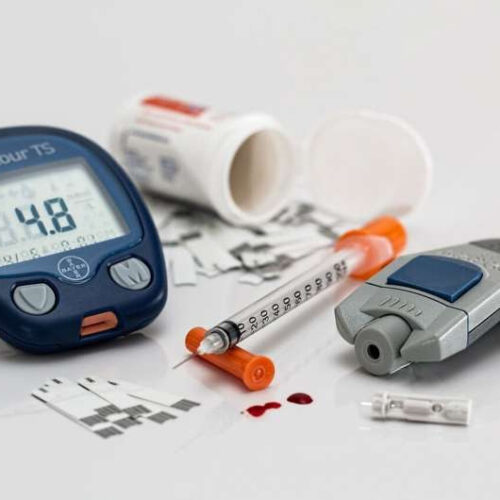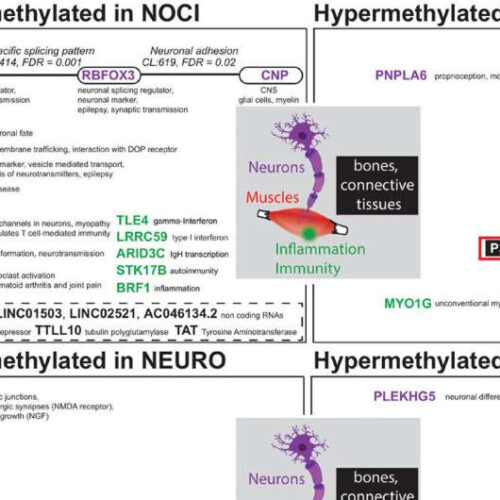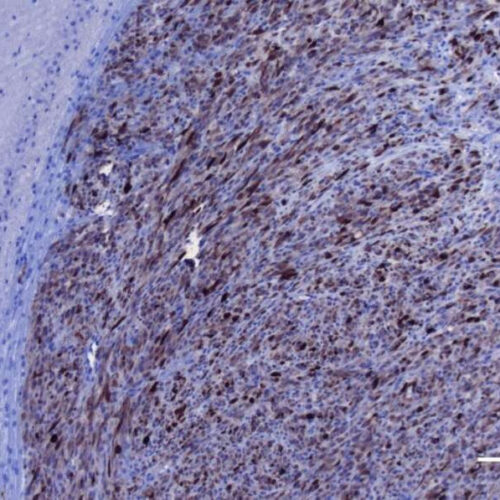by Dartmouth College Zoomed in detail of the Mandelbrot set, a famous fractal, at different spatial scales of 1x, 4x, 16x, and 64x (from left to right). Credit: Jeremy R. Manning. Understanding how the human brain produces complex thought is daunting given its intricacy and scale. The brain contains approximately 100 billion neurons that coordinate activity...
Evaluation of lupus arthritis using frequency domain optical imaging
by NYU Tandon School of Engineering Example of a frequency-domain image of a finger joint (proximal interphalangeal joint of index finger) affected by lupus arthritis. Credit: NYU Tandon School of Engineering Systemic lupus erythematosus (SLE), commonly referred to as simply “lupus,” is an autoimmune disorder where the body’s immune system attacks healthy tissue. Lupus affects somewhere...
Unravelling the proteome: How we can use proteomics to understand and treat rare cancers
by Diana Cano Bordajandi, Institute of Cancer Research Credit: Pixabay/CC0 Public Domain “Genomics’ has become a buzzword in recent years, especially as it is increasingly used in the clinic. Proteomics, on the other hand, remains a bit of a mystery to many people. Simply put, genomics is the study of the entire set of genes in a...
Combining an HIV vaccine with immunotherapy may reduce the need for daily medication
by Sheikh Abdul Rahman, Bhrugu Yagnik, Rama Rao Amara, The Conversation Credit: Pixabay/CC0 Public Domain A new combination treatment for HIV can strengthen a patient’s immune response against the virus even after they stop taking traditional medications, according to a study published in the journal Science Immunology we co-led at the Amara Lab at Emory Univeristy. People with HIV take...
A tool to interrogate a new class of drugs
by Ecole Polytechnique Federale de Lausanne Fig. 1: Immunity-related genes and neutrophils are suppressed in zebrafish embryos following Keap1-specific hydroxynonenylation. a Differential expression from RNA sequencing of embryos subjected to Keap1-hydroxynonenylation by Z-REX. Statistically-significant differentially-expressed (SDE) Nrf2-driven AR genes marked with green dots; SDE immunity-related genes with red dots; all other SDE genes with blue dots;...
It’s flu vaccine time, even if you’ve had your COVID shots
by Lauran Neergaard In this Thursday, Jan. 23, 2020, file photo, a patient receives an influenza vaccine in Mesquite, Texas. Amid all the focus on COVID-19 vaccinations, U.S. health experts have another plea: Don’t skip your flu shot. With U.S. schools and businesses reopened, international travel resuming and far less masking this fall, flu is...
Type 2 diabetes drug trial uses patient experience to find their best drug
by University of Exeter Credit: CC0 Public Domain An innovative trial which invited people to take three drugs in turn, then choose their preferred option, has generated insights into which type 2 diabetes drug is best to prescribe to individuals. Led by the University of Exeter and funded by the Medical Research Council, the TriMaster trial presents today...
Relieving pain by mapping its biological signatures
by University of Geneva Genes with DMRs identified in the comparison groups are shown: CTL vs. NOCI in the upper panel, CTL vs. NEURO in the middle panel, and NOCI vs. NEURO in the lower panel. For each comparison, genes with DMRs were segregated according to the direction of the methylation changes observed: hypomethylation in the...
Revising theory of cancer-induced immune suppression
by Will Doss, Northwestern University Glioblastoma. Brown staining indicates IDO expression. Credit: Northwestern University Many cancers produce an enzyme called IDO that suppresses immune system activity, but the long-held hypothesis of how this mechanism operates requires revision, according to a study published in Clinical Cancer Research. In addition to engaging tryptophan metabolism, IDO enhances immunosuppressive factors of the...
Genetic risks for depression differ between East Asian and European groups
by University College London Credit: NASA’s Marshall Space Flight Center. Flickr (CC BY-NC 2.0) Specific genes increase the risk of developing depression, according to a new study led by UCL researchers, which also shows that the genes associated with depression vary depending on ancestry group. The research, published in JAMA Psychiatry, is the largest study into the genetic risks of...

